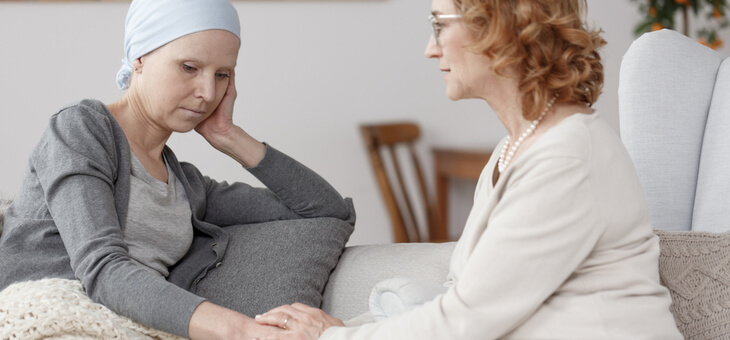Voluntary assisted dying (VAD) is not the controversial topic it once was, with almost nine in 10 Australians aged over 50 supporting euthanasia for people with terminal illnesses, and two-thirds backing VAD even when an illness isn’t terminal.
The National Seniors survey of 3500 older Australians highlights the sentiments behind VAD and the “deeply personal views across the community”, reports Inside Ageing.
“Our members asked us to do this survey,” said National Seniors Australia chief, Professor John McCallum.
“With our increasing ability to keep people alive at all ages, this issue has to be discussed and addressed in the community.
“Better information on this and a balanced community conversation on VAD is needed. We could also learn from the Canadians who put a five-year review on their legislation to assess its value in practice and further reforms.”
The Quality of Death – Senior Australians’ Views on Voluntary Assisted Dying poll showed 86 per cent of respondents supported or strongly supported VAD for those with a terminal illness. And 67 per cent agreed or strongly agreed that VAD options should be available to those with a non-terminal illness but who met other criteria that would otherwise make them eligible under current Victorian legislation.
Those with an advanced care directive were also more likely to support euthanasia.
Read: When should you make an advance health plan?
But the survey also revealed that the older a person is, the less likely he or she is to support VAD. Concerns centred around being coerced into a decision to end their life by family members or care organisations.
“Older respondents (70 years and older) were more likely to oppose VAD in both scenarios than seniors in younger age brackets (50-69 years),” said the report.
Victoria and Western Australia have already passed laws that enable VAD for those who meet specific medical criteria.
Tasmania and South Australia have also passed VAD legislation, but are yet to commence their programs, and Queensland will begin its debate on VAD legislation next month.
The survey reveals the issue is of great importance to older Australians.
Read: Why it’s healthy to talk about dying
“The quality of death should be given the same attention as the quality of birth,” said one respondent.
While support for VAD for those with terminal illness my not be surprising, the notion of making VAD optional for all seniors over a certain age, whether ill or not, was not expected and controversial.
Respondents said the loss of independence and control associated with neurodegenerative conditions should justify the use of VAD.
Even those who were ‘terminally lonely’ should have the option, they said.
However, some were opposed to VAD under any circumstances.
Read: How does assisted dying work?
“A common anti-VAD argument was those services such as palliative care, aged care and mental health supports should be improved to ensure there are viable alternatives to VAD for suffering people,” said the report.
“Anti-VAD commenters often based their arguments on religious views, such as the belief that humans do not have the right to end life. Many commenters … sought clarification (on) safeguards to prevent a suffering person from being coerced into a VAD decision by family members, care services or society at large.”
Still, support for VAD has seemingly increased now that it is part of the legal fabric in some states. A similar survey run in 2017 found that about 65 per cent agreed with VAD.
“Better information on this and a balanced community conversation on VAD is needed. We must respect people’s views on both sides of this debate, which we know are aligned with some deeply held values,” said Prof. McCallum.
Do you support voluntary assisted dying? Which criteria do you think are necessary to be eligible? Should ‘terminal loneliness’ allow you to choose to die? Why not share your opinions in the comments section below?
If you enjoy our content, don’t keep it to yourself. Share our free eNews with your friends and encourage them to sign up.

